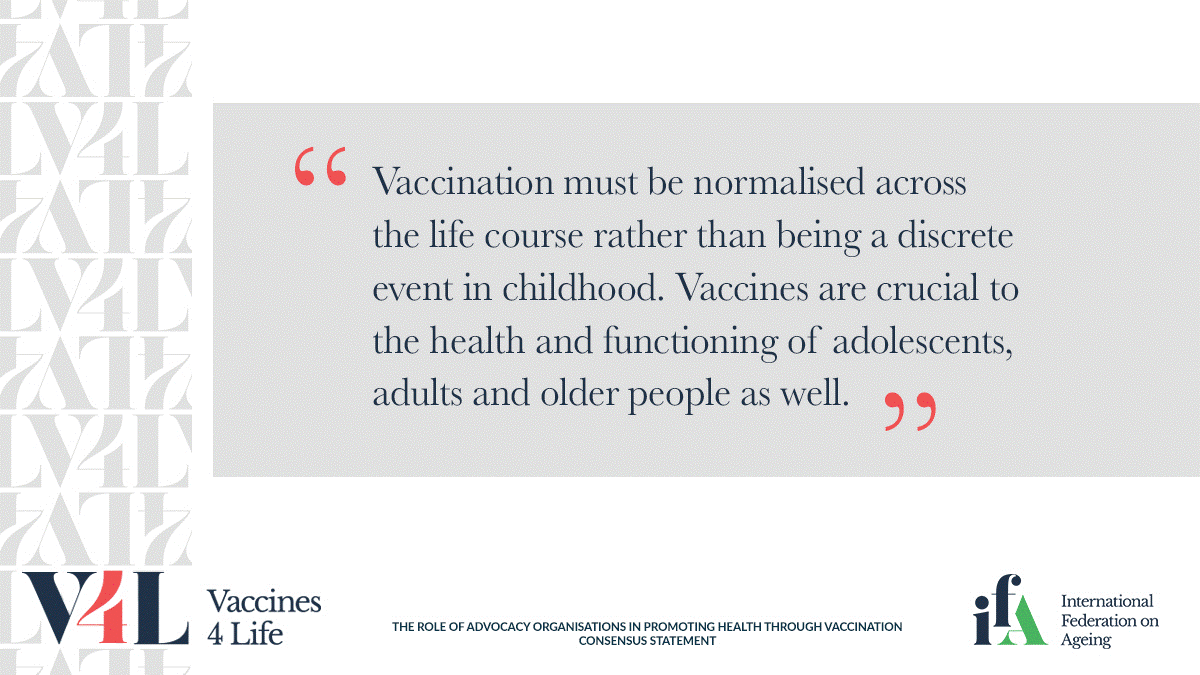The COVID-19 pandemic has held a flame to the importance of health promotion and disease prevention across all disciplines and sectors to those who are at highest risk. This is no less true for diseases where vaccines exist and are available, such as influenza, pneumonia and meningitis.
People with chronic diseases such as HIV, heart disease and lung disease, as well as those with complement deficiencies, may be at higher risk of developing complications from vaccine preventable diseases, including but not limited to sustained and diminished loss in functional ability, hospitalisation and even death.
1 To illustrate, the highest rates of pneumonia in the United Kingdom (UK) are found amongst people with respiratory, heart and kidney disease,
2 individuals with rheumatoid arthritis have double the risk of infection compared with the general population,
3 and adults living with HIV are at 40-times higher risk of invasive pneumococcal disease compared with age-matched HIV-negative adults.
4
Today, the International Federation on Ageing (IFA) together with Meningitis Research Foundation (MRF) and leading UK patient and health advocacy organisations launch a
consensus statement and
report based on the findings from the “Forum to Explore the Role of Patient Organisations in Vaccination”, convened on 6 December 2019. The documents both emphasize the critical role UK advocacy organizations play in promoting health through vaccination, and what barriers must be addressed in order to do so. The consensus statement and report are particularly timely given that in some countries, vaccination rates for at-risk groups have dropped due to COVID-19.
5,6
Patient and health advocacy organisations in the UK represent a wide range of populations, including those most vulnerable to the life altering consequences of vaccine preventable conditions. These organisations are also often considered a trusted source of information with outreach to thousands of people and their families. A consensus amongst delegates was met on six key considerations: continue the momentum; acknowledge and address barriers organisations may face in promoting vaccination; ensure a life course approach to vaccination; assume responsibility; cross-sectoral collaboration; and ensure development of effective messaging.

To read the full consensus statement,
click here.
IFA and meeting delegates also produced a meeting report, which detail discussions held during the forum, including vital steps UK patient and health advocacy organisations have taken to improve uptake rates amongst their constituents, and barriers that must be addressed to maintain and improve the health of at-risk groups.
To read the full report,
click here.
This initiative was supported by Pfizer.
1 European Patients’ Forum, (2018). Vaccination and patients with chronic conditions. Background Report. Retrieved from: http://www.eu-patient.eu/globalassets/policy/vaccination/resources/background-report- --vaccination-and-patients-with-chronic-conditions.pdf
2 Chalmers, J. D., Campling, J., Dicker, A., Woodhead, M., & Madhava, H. (2016). A systematic review of the burden of vaccine preventable pneumococcal disease in UK adults. BMC pulmonary medicine, 16(1), 77
3 Costello, R., Winthrop, K. L., Pye, S. R., Brown, B., & Dixon, W. G. (2016). Influenza and pneumococcal vaccination uptake in patients with rheumatoid arthritis treated with immunosuppressive therapy in the UK: a retrospective cohort study using data from the clinical practice research datalink. PloS one, 11(4), e0153848.
4 British HIV Association, (2015). British HIV Association guidelines on the use of vaccines in HIV-positive adults 2015.
5 AAP (2020). AAP urges vaccination as rates drop due to COVID-19. Retrieved from https://www.aappublications.org/news/2020/05/08/covid19vaccinations050820
6 Newey, S. (2020). Measles and polio may come ‘roaring back’ as global vaccination programmes shut down. The Telegraph. Retrieved from https://www.telegraph.co.uk/global-health/science-and-disease/measles-polio-may-come-roaring-back-global-vaccination-programmes/